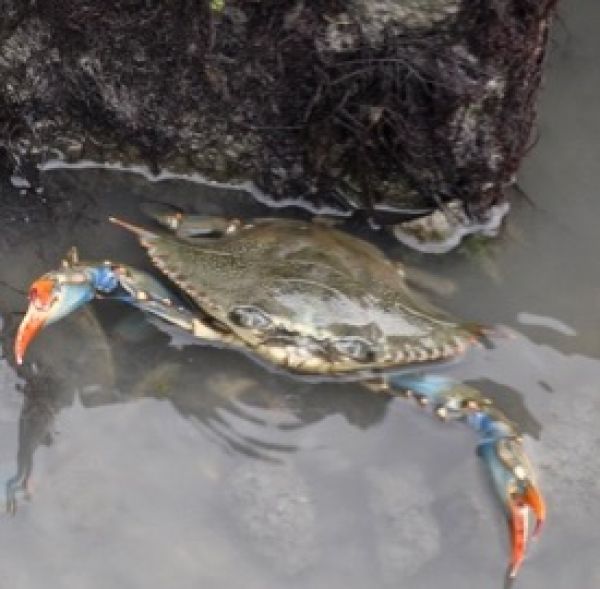Studies of how global change is impacting marine organisms have long focused on physiological effects—for example an oyster’s decreased ability to build or maintain a strong shell in an ocean that is becoming more acidic due to excess levels of carbon dioxide.
More recently, researchers have begun to investigate how different facets of global change can disrupt animal behavior.
Now, a study led by Dr. Emily Rivest of William & Mary’s Virginia Institute of Marine Science synthesizes the results of these pioneering behavioral studies—revealing both broad patterns and intriguing outliers—and provides a conceptual framework to help guide future research in this emerging field.
“Climate change will significantly impact marine organisms by altering sensory pathways,” says Rivest, an assistant professor at VIMS. “This will have consequences for ecological and evolutionary interactions, including mating, predation, and habitat selection.”
Read more at Virginia Institute of Marine Science
Image: A VIMS study is looking at how ocean acidification might affect the predator-prey interaction between blue crabs and clams. © K. Rebenstorf.


